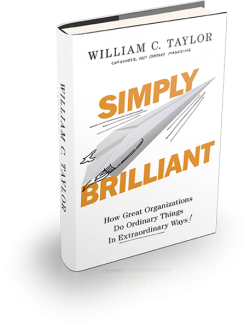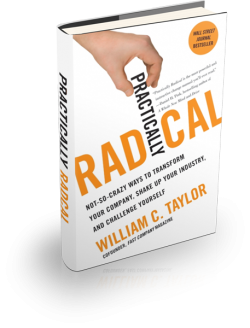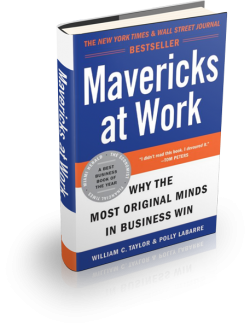Last month, in an article in the New York Times on the ever-escalating “war for talent” in Silicon Valley, Facebook CEO Mark Zuckerberg made a passing comment that has become the entrepreneurial equivalent of a verbal tick—something that’s said all the time, almost without thinking. “Someone who is exceptional in their role is not just a little better that someone who is pretty good,” he argued when asked why he was willing to pay $47 million to acquire FriendFeed, a price that translated to about $4 million per employee. “They are 100 times better.”
Zuckerberg’s casual calculation reminded me of a conversation with Marc Andreessen, the legendary cofounder of Netscape, and now one of Silicon Valley’s most high-profile venture capitalists. “The gap between what a highly productive person can do and what an average person can do is getting bigger and bigger,” he told Polly LaBarre and me for our book, Mavericks at Work. “Five great programmers can completely outperform a thousand mediocre programmers…”
Now, I admire what Mark Zuckerberg has built, and I consider Marc Andreessen without peer as an entrepreneur and a thinker, but do we take seriously what these two Silicon Valley giants claim about talent? If you are building a company, would you prefer one standout person over one hundred pretty good people? If you were launching a technology or developing a product, would you rather have five great engineers rather than one thousand average engineers?
Have we become so culturally invested in the allure of the Free Agent, the lone wolf, the techno-rebel with a cause, that we are prepared to shower millions of dollars (maybe tens of millions) on a small number of superstars rather than a well-assembled team that may not dazzle with individual brilliance, but overwhelms with collective capability?
Check out my answers in my latest blog post for HBR. Join the discussion!


